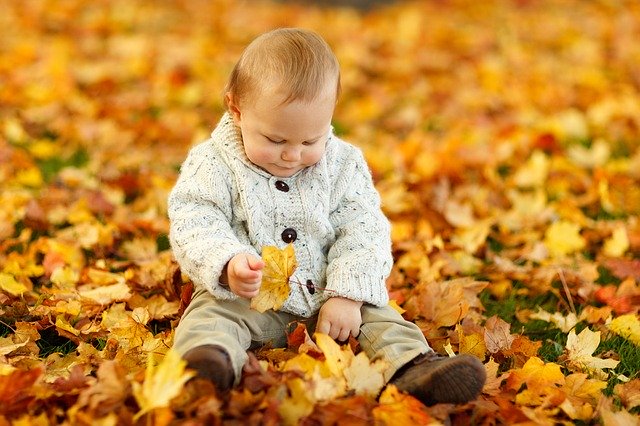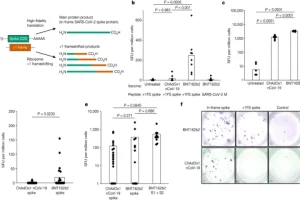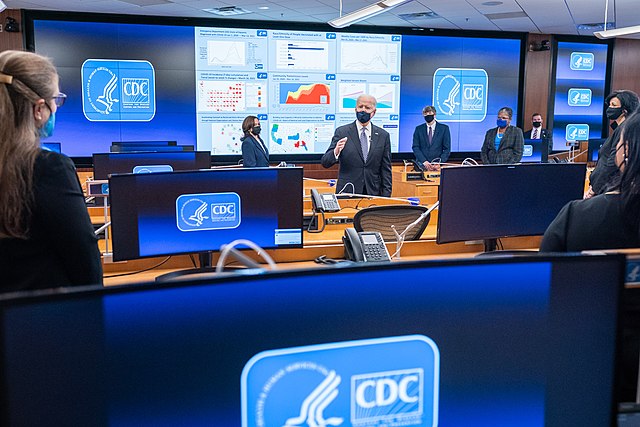
A recent research notes that babies born between September and November are at higher risk for allergic diseases.
According to a recent study published in the Journal of Allergy and Clinical Immunology: In Fact, food allergies are on the rise, with more than five million children, around two children in each school classroom, now suffering from an allergy to at least one item.
The study indicates that the time of year a baby is born may be a risk factor for food allergies, say researchers, adding that babies born in the autumn season, which lasts from September to November, are at higher risk of allergic diseases.
The research team found that many allergic conditions are likely to begin with dry, cracking skin, resulting in a chain reaction of allergic diseases known as the ‘atopic march.’
“If food particles are ingested by weakened skin as is the case with eczema, rather than digested, the body recognizes them as foreign and produces antibodies against them,” said Jessica Hui, MD, a National Jewish Health pediatrician and the study’s lead author.
“So, when a child consumes this food, certain antibodies recognize the food and cause allergic reactions such as hives, vomiting or even anaphylaxis.” “Now we’re learning more about why this is so and we strongly suspect it comes from the bacteria on the skin and how they affect the skin barrier.”
Autumn births tend to be more closely related to the invasion of a dangerous bacteria called Staphylococcus aureus, which can weaken the skin barrier. This causes the irritated, itchy, painful skin associated with eczema and allows for the penetration of numerous bacteria, food particles and pathogens into the skin and into the body.

Researchers are currently undertaking a clinical trial to investigate a wide range of factors that may lead to this weakened barrier in babies. They hope this will not only help understand why babies born in the autumn are at higher risk but will also help create ways to stop the atopic march in their tracks.
“We think if we can interfere at a very young age, even shortly after the baby’s out of the womb, then theoretically that’s a way for us to try to stop this atopic march from forming,” Hui said.
Other possible ways to avoid the atopic march are sealing babies’ skin barriers with eczema using wet wraps and lotions, and implementing early-life allergic foods for children at risk, the authors noted.
Source: gulfnews.com
Carl Riedel is an experienced writer focused on using Open Source Intelligence (OSINT) to produce insightful articles. Passionate about free speech, he leverages OSINT to delve into public data, crafting stories that illuminate underreported issues, enriching public discourse with perspectives often overlooked by mainstream media.




